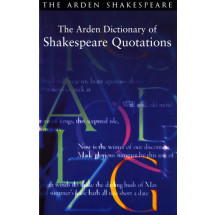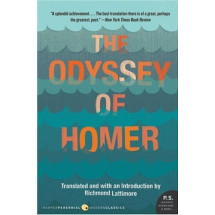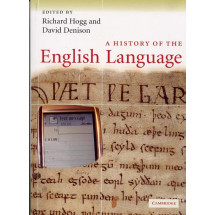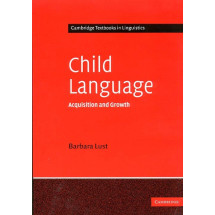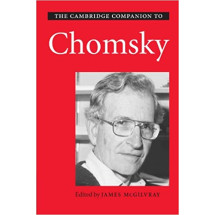Jonathan Bate is Professor of Shakespeare and Renaissance Literature at the University of Warwick, an honorary Fellow of St. Catharine's College Cambridge, and a Fellow of the British Academy. He has written several books on Shakespeare, including Shakespeare and Ovid and The Genius of Shakespeare. Well known as a reviewer and broadcaster, he is also the author of Romantic Ecology and a novel, The Cure for Love.
After centuries of vilification and neglect by both scholars and actors, Titus Andronicus has at last come to be recognized as one of Shakespeare's early masterpieces. In this powerful edition, Bate offers a complete and radical reappraisal of Shakespeare's bloodiest tragedy, seeing it as one of the dramatist's most inventive plays, a complex and self-conscious improvisation upon classical sources. Bate's introduction does full justice to the play's textual and technical artfulness and sophistication, putting forward new arguments regarding the play's date, sources and early stage history, including the technical descriptions and illustrations. He devotes extended discussion to great modern productions (with black and white photographs) such as those of Peter Brook and Deborah Warner. In an appendix, patterns and precedents in plot and speech are addressed and sources (Metamorphoses, The Spanish Tragedy, The Jew of Malta, and others) transcribed. A reference guide including abbreviations, references, and citations is also provided.
In an age in which dramatic representation of violence has become an issue of enormous controversy, Titus Andronicus is the essential play; Bate's seminal edition indicates just how far, with this early work, the young Shakespeare has already travelled towards the masterpiece of his maturity, King Lear.
The Arden Shakespeare has developed a reputation as the pre-eminent critical edition of Shakespeare for its exceptional scholarship, reflected in the thoroughness of each volume. An introduction comprehensively contextualizes the play, chronicling the history and culture that surrounded and influenced Shakespeare at the time of its writing and performance, and closely surveying critical approaches to the work. Detailed appendices address problems like dating and casting, and analyze the differing Quarto and Folio sources. A full commentary by one or more of the play's foremost contemporary scholars illuminates the text, glossing unfamiliar terms and drawing from an abundance of research and expertise to explain allusions and significant background information. Highly informative and accessible, Arden offers the fullest experience of Shakespeare available to a reader.
"This is an outstanding edition of Titus, especially for its treatment of textual questions and of recent performance history. It supersedes all previous editions."?B>Dr. Paul Hartle, St. Catharine's College, Cambridge
"Bate makes a really positive virtue of his treatment of the play in performance . . . putting a vigorous account of Titus on stage at very stage-centre in his Introduction. Using this section as a means for raising fundamental questions as to the play's style, coherence, and meaning, Bate achieves a remarkable fusion between performance history and criticism."John Jowett, Shakespeare Survey
Jonathan Bate is Professor of Shakespeare and Renaissance Literature at the University of Warwick, a Fellow of the British Academy and a Governor of the Royal Shakespeare Company. His books include Shakespeare and Ovid (1993); John Clare: A Biography (2003) - winner of the 2004 Hawthornden Prize and the 2005 James Tait Black Memorial prize for biography; The Genius of Shakespeare (1997); and Soul of the Age: The Life, Mind and World of William Shakespeare (2009). He was the editor of the Arden edition of Shakespeare's Titus Andronicus(1995).



